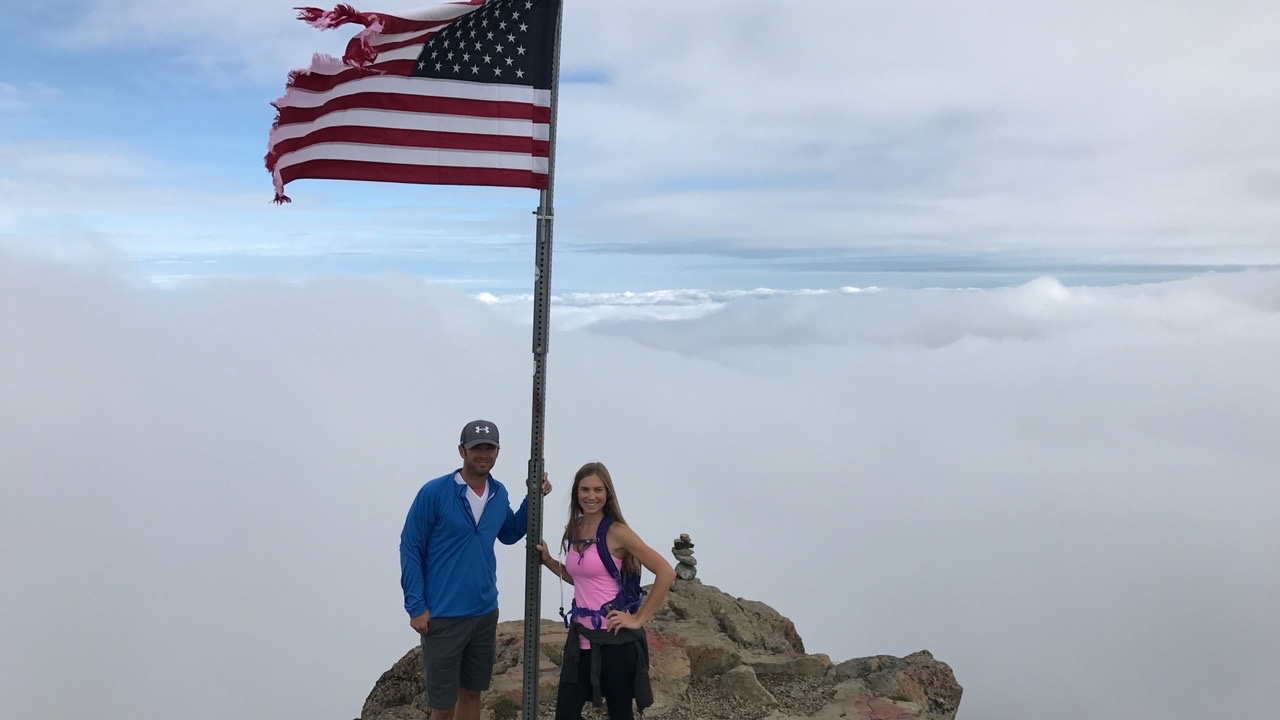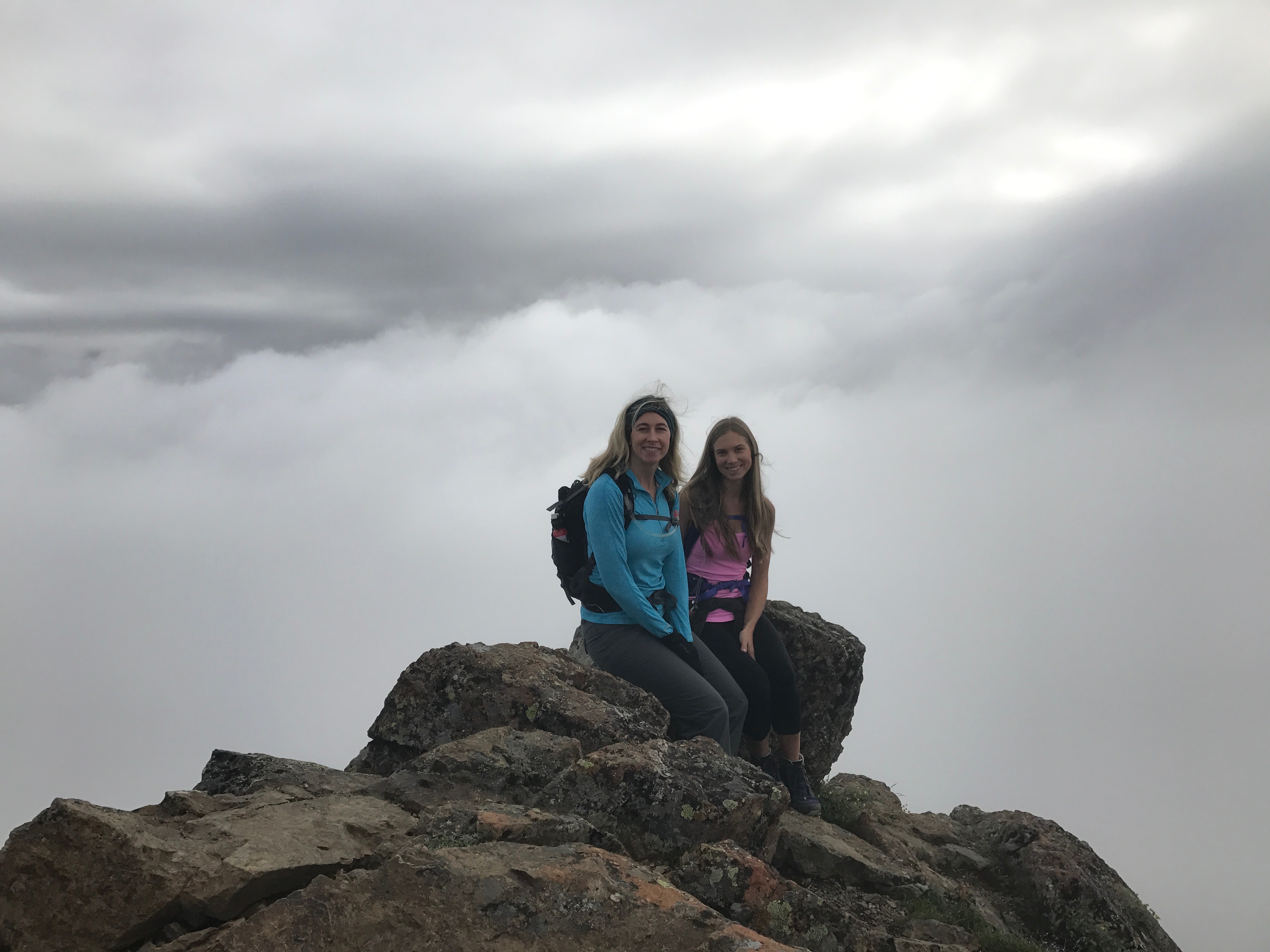
Cultivating Joy in the Journey of Medicine - Expectations and Acceptance
We are on the quest to uncover your personalized way to best enjoy the journey of medicine. Last week, I introduced the concept of a multi-pronged approach and covered the initial step – awareness. Today, we start with expectations (and acceptance).
Expectations can be tricky.
I used to joke as my husband completely renovated two houses over 8-11 years each: "low expectations equals high satisfaction.” In reality, what worked for me as I cooked on a butane camping burner for three years, was no time expectations. That allowed me not to pressure him or become frustrated. I actually had pretty high expectations of how it would look and function. 😉 That was based on evidence. He had proven himself a visionary – seeing potential, in places that most would abandon, and bringing it to quality fruition.
You may have heard the saying, “Expectations are premeditated resentments” (attribution unknown). This is usually invoked in the setting of having expectations of others.
But as you know, our thinking influences our emotions, which affects our actions and, eventually, our results. So, imagine what outcome you’ll create with low self-expectations, such as, “I’m never going to find clinical fulfillment.” Emotions such as resigned, defeat, frustration, indifference, or grief likely will drive you to avoid things to foster enjoyment, such as building a connection with patients, colleagues, and staff or taking on needed change in an organization. You’ll also likely engage in behaviors that reinforce the belief, such as focusing on the negatives, ignoring positives, or reacting in ways that distance others or result in poor evaluations.
So yes, set great expectations for your career and life rather than expecting misery. That leads me to goals and vision. We are goal-oriented professionals. It’s motivating. It’s familiar. We, as physicians, are good at getting things done. Set your goals and aim high. Aspiration can be a great thing.
In addition to those, however, let’s enhance our ability to value day-to-day life as we venture toward our goals. We don’t want to end up at the top of the mountain, having missed the camaraderie, our growing capabilities, and the natural beauty along the way.
Also, we cannot know what it will be like when we summit. We have ideas. Maybe we have some ideas based on experience. But we don’t actually know, so it’s helpful to lessen the attachment to what it will be.
We once took one of our daughter and her partner hiking up Flattop in Anchorage over the 4th of July weekend. It’s a popular hike with amazing views of the inlet waters and the rows of snow-peaked mountains at the summit. That particular day, however, well, it was socked in with fog and clouds. Fortunately, the hike was much more than being about what it would look like as we summitted. We made many fun memories along the way.

Setting a vision along with your goals allows for more flexibility. Let’s say you have a SMART goal (specific, measurable, achievable, relevant, and time-bound), such as achieving a schedule that limits you to outpatient medicine, working no more than 40 hours a week, Monday – Thursday, not working over lunch, and never taking work home by this time next year. Sound goal. Let’s determine the vision.
Pause. Why is that the goal? What's behind it? I suspect if you reflect on your reasons, you will find a belief that the plan will allow you to care for patients and have free time for family, friends, self-care, and other pursuits. The vision could simply be feeling free to impact patients’ health while also enjoying non-work-related time and activities.
Here’s the good news. By building in the flexibility of your vision while pursuing your goals, you can start to see how you are making an impact with patients and enjoying some of your non-clinical time along the way. You begin to recognize those intermittent moments of feeling free to make decisions when they've been overlooked previously. You recognize your agency and impact now. You won’t have to wait until every piece of your worthy goal is met to enjoy your days.
While the goal of our hike was to reach the top without injury (that last part is mine as the vigilant mom). The vision behind the goal was to spend some quality time together, experience nature, move our bodies exercising both muscle and cardiopulmonary systems, and laugh. And because we shared an unspoken vision, we enjoyed the journey despite the fog and clouds blocking the breathtaking panoramic view we wanted. We would have been sorely disappointed and disillusioned if it had been solely about the summit and the vista. It would have felt like a waste. How often do we see this in medicine – the quintessential arrival fallacy?
And that leads me to acceptance. Once you have a vision in place as you pursue your desired outcomes, acceptance eases the work of your expectations. You can accept what you cannot control, including the result. Your vision and goals are intentions. Those intentions set you up to put in the effort and the proper actions to be successful. However, it sometimes unfolds differently in medicine - just like all of life. For instance, we cannot control if our influence within the organization is enough to overcome the competing stakeholders' pull on leaders’ decisions. Acceptance is not the same as resignation or endorsement. It’s your opportunity to stop arguing with a reality which adds an unnecessary burden.
It allows you to say, “Okay, so here is a different outcome than I expected; now, what can I control?” You can only control what you do and think at the present moment. “What do I want to do?” How often are we tempted to automatically groan, complain, vent, and say, “It shouldn’t be like this?” That’s totally a normal response; it’s just not very productive. It's arguing with reality. Cy Wakeman talks about naming what is happening. "We have an un-preferred reality" - name it, accept it, and then decide what makes sense for you to do and think now.
Let’s test out a small-scale analogy. Let’s say we are driving to the post office, and there is a new detour. We don’t stop the car, get out, shake our fists into the air and argue with reality, saying, “It shouldn’t be like this!” We simply take the next best route. We continue the pursuit; we pivot. It doesn’t mean we like the detour in any way, shape, or form. The difference in our approach to driving detours is that we don’t waste any extra mental energy. We don’t get our heart rate and blood pressure up and tense all our muscles. We accept it and move on. We still find a way to get to the post office even though this route was inconvenient.
Acceptance allows us to use our time and energy more productively. “Okay, they declined my request to work four 10-hour days. This is frustrating. And yet, it is what it is. How do I want to respond? What are my next steps?” Revisit what the vision - what the 10-hour days were going to give you. How else can you try to achieve that? Do you want to ask for a higher PTO accrual rate? Do you want to work out over your lunch break? Do you ask for a more extended lunch, a later start, or an earlier finish? Do you want to gather data about workweek structures and physician engagement and appeal your case? Do you want to allow more time for leaders to marinate on it? Do you want to let things settle and work on a different part of your goal/vision? Do you want to look for other opportunities outside your organization?
When we face reality outside of our control, we must no longer be shocked or surprised by stressful situations. We know it’s just part of our journey. Kelly McGonigal, the author of The Upside of Stress, offers a helpful quote that a custodial worker said to her when seeing her working late in the basement one night. “It’s just another cold, dark night on the side of Everest.” Think about it. Those mountaineers tackling one of the most challenging climbs in the world aren’t surprised when it’s cold and dark. It’s just part of the trek. I find myself saying this now when some unexpected obstacle impairs my progress and take it in stride that it just comes with the journey.
So, yes, expectations can be tricky. But setting aspirational goals, getting clear on your vision for flexibility, watching pieces of your vision show up, holding loosely to the exact outcome, and learning to accept reality, then exercising your agency in that reality can keep down the frustration while you develop a habit of enjoying the journey.
Next week, we will look at ways to be intentional in your aim to enjoy the process of achieving your goals.
Have a joy-filled week! Tonya
Keep the blog easy to find by signing up for my email - Joy FM Weekend Reads
Original post 5/2022, updated 3/2024.
Join Weekend Reads
Weekly insights, tips, and tools for physicians who want to thrive—plus a dash of fun.
We hate SPAM. We will never sell your information, for any reason.

